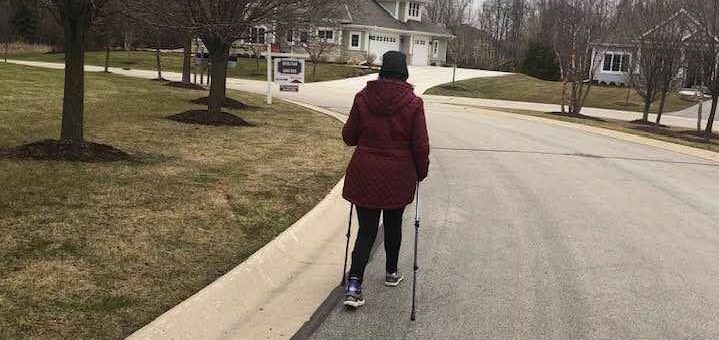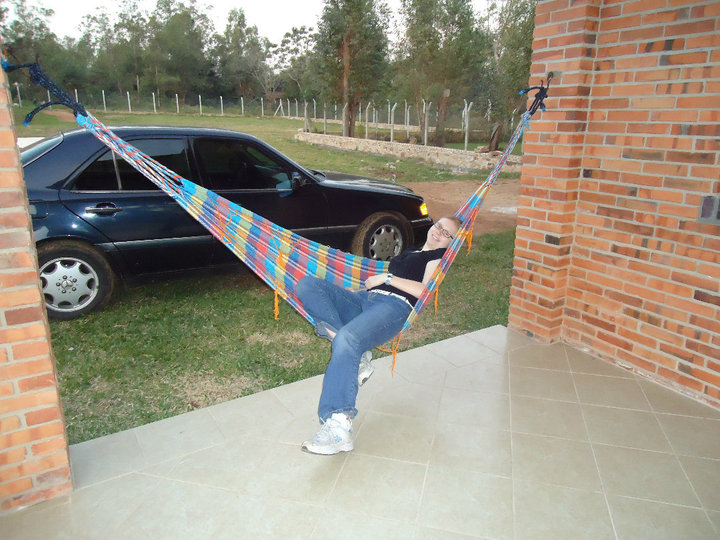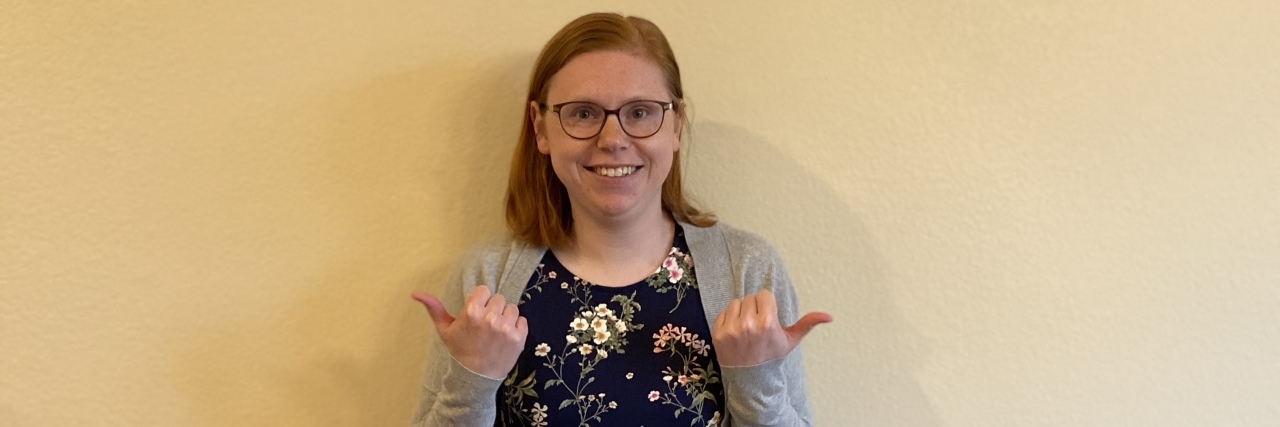This July marks the 30th anniversary of the signing of the Americans With Disabilities Act in 1990. For the first time, Americans with disabilities were going to have equal opportunity and access like those without — or that’s what was supposed to happen. There is still a lot of progress to be made 30 years later.
All these years later, I’m finally hearing about Disability Pride Month. I’ve lived with cerebral palsy for 27 years, and not once have I been aware of it. I didn’t even know what disability pride even was.
After looking around at other ways people identify themselves and celebrate pride, such as in the gay community, I’m learning what disability pride means to me. Disability pride means that disability isn’t a condition, it’s a way of life. Disability pride means not living in shame of who you are simply because you cannot walk without a limp or are unable to work.
I spent my entire childhood hiding. I’d make up excuses for having casts often and struggling to keep up in gym class. I had so much shame for that part of my life. I didn’t know how to make cerebral palsy a part of me. I didn’t know how to be proud of any of myself.

Those same struggles still exist as an adult. As a result of never reaching my goal of becoming a physical therapist due to my mental health, I feel shame. I feel not good enough. I feel as if I have failed. Disability should never make someone feel like a failure.
Although I know I have a disability, two actually because of my mental health as well as my physical limitations, I still feel like an imposter in the disability community. I have internalized society’s view of what disability “looks” like. I feel as though I have not earned the “right” to be proud of my disabilities. I am too “normal.”
But then I look back on the dozens of casts, multiple surgeries, and countless hours in physical therapy to get my physical abilities just shy of “normal.” I look back at the years in therapy, the half dozen times I’ve been admitted inpatient, and the multiple times I’ve been to residential treatment. It’s been one thing after the next and I fail to recognize that my mental health struggles truly are disabling — they prevented me from finishing grad school and have greatly impacted my ability to really enter the adult world, move out on my own and work.
Disability pride tells me it’s OK to be who I am regardless of whether I allow myself to feel welcomed by the disability community. It’s OK to struggle physically. It’s OK to struggle with my mental health. Disability pride tells me I don’t need to hide my AFO when I wear it for certain activities. Disability pride tells me it’s OK to talk to a therapist and seek a higher level of care when needed. Disability pride tells me I no longer need to hide.
I will always have a disability. I do not need to be fixed. My body and mind are just fine the way they are. While I will continue to seek treatment for my physical and mental health, it is no longer because I want to change who I am. Instead, I’m working to improve my quality of life so I can be my best self.
I will always be disabled. It’s time I let disability be a part of me that I feel proud to show the world instead of spending all my energy trying to hide.


